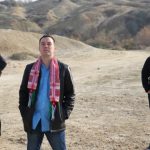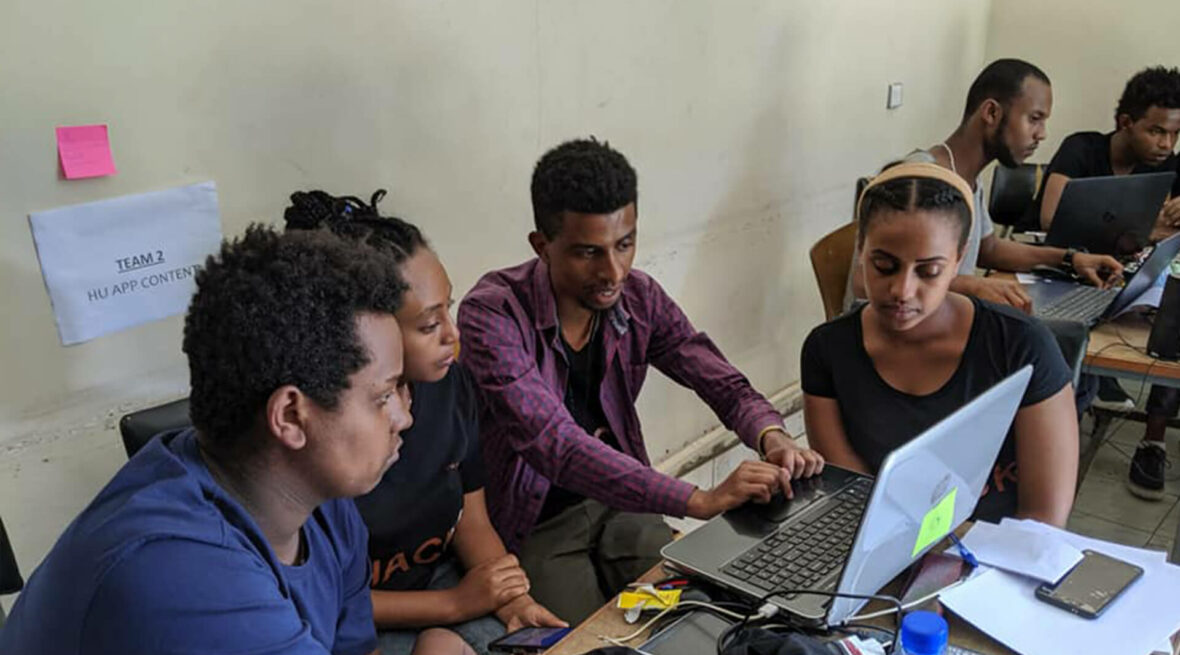What do you think of when someone says “missionary work?” You might think of a short-term mission trip to a foreign country. You might think of people who come to your church every now and then and talk about what they’re doing among the idigenous peoples of somewhere. You probably think of people who heard the call of God, quit their jobs, and moved to a foreign country to tell people there about Jesus.
You probably don’t think about people sitting at a desk, typing out code for an app, sharing a video with their friends, or answering an email. But maybe you should. Missionary work has changed as the times have changed. With today’s technology, we’re more connected than ever before. You can help people come to Christ by being an online mentor, where your email inbox is your mission field. You can share the love of Jesus with the tap of a few buttons on your phone, starting a Gospel conversation with a friend by doing one of the most natural things you can do today, sharing a video. And if you are a person who God has gifted with talents in the digital space, whether you’re a coder, designer, or whatever, one of the ways you can do missionary work is through simply using those skills for something that matters.
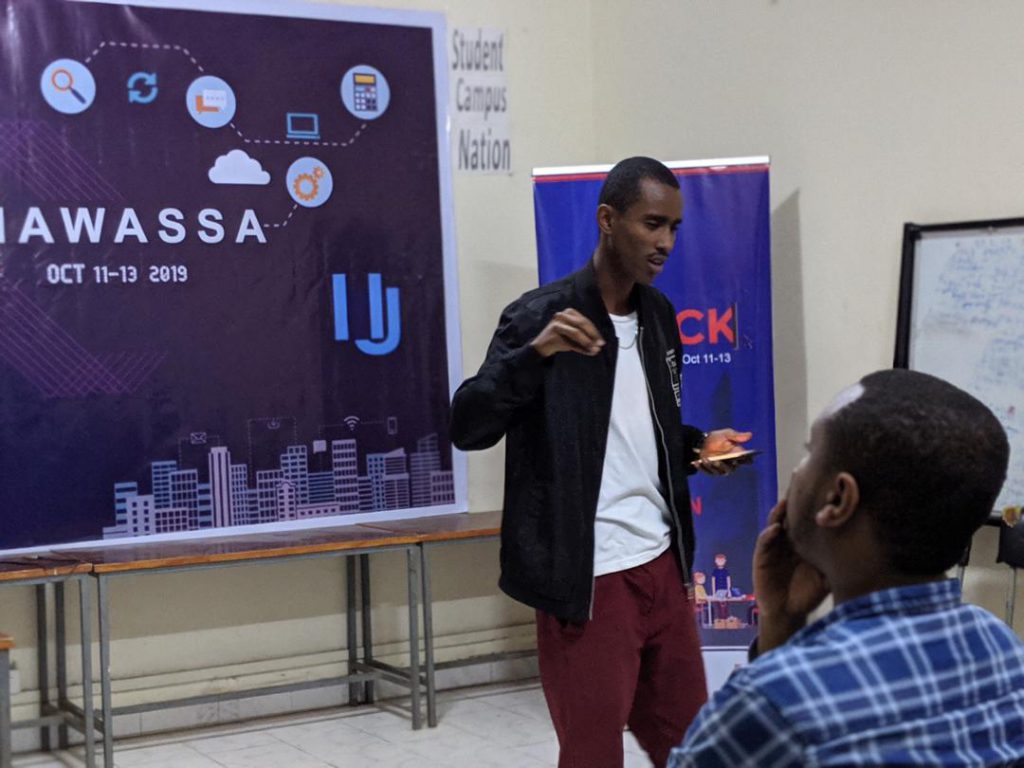
Missional work through a hackathon
Over the last several weeks, approximately 1,100 technologists, developers, designers, and mission workers in 37 cities and 26 nations around the world came together for the fourth year of Indigitous #HACK. Each of these participants did missionary work by using their talents for God by working on projects of significance to the global church.
You don’t need to move to a foreign country to do missionary work. These people did the work by doing what comes naturally to them, rolling up their sleeves and working on projects, giving up their time and quite a bit of sleep to make an impact on their communities. Here is just a small sample of the great missionary work that was done during this year’s Indigitous #HACK.
Bible Karaoke
People can’t read the Bible if they can’t read. Hackers in Chiang Mai, Thailand created a unique solution to both problems with Bible Karaoke, a video that highlights each word of the Bible as it is spoken by the audio track. Through repetition, people who use Bible Karaoke will eventually be able to read the Bible on their own.
No More Orphans
In Region 6 of Iloilo, Philippines, there are 349 orphans and more than 1,000 churches. Participants at #HACK Iloilo created a platform to connect orphans with adoptive and foster parents. “If just one family from each church were to rise up, we can provide a home for each child,” said Pastor Mark as he introduced the No More Orphans challenge.
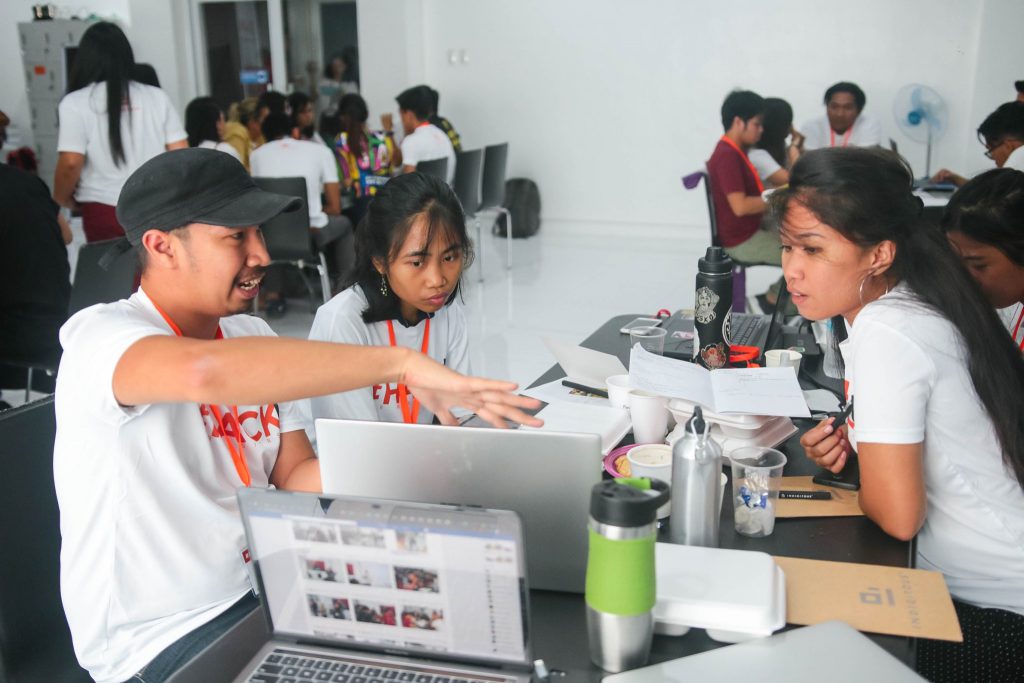
Jesus and the Temperaments
Taking advantage of one of the best ways to get people to give information about themselves, those at #HACK Panama worked on the Jesus and the Temperaments project, creating a fun quiz to help people realize the type of person God has made them to be, in relation to the four temperaments, and how Jesus is the perfect embodiment of that personality.
Christian Content Aggregator
In Addis Ababa, Ethiopia, there is a major problem with false biblical teachings, including prosperity theology and other heresies. That makes it hard for Christians to find information that they can trust. To solve this problem, participants at #HACK Addis created a Christian Content Aggregator website, which provides a repository of theologically sound Christian content while filtering out any containing false teachings.
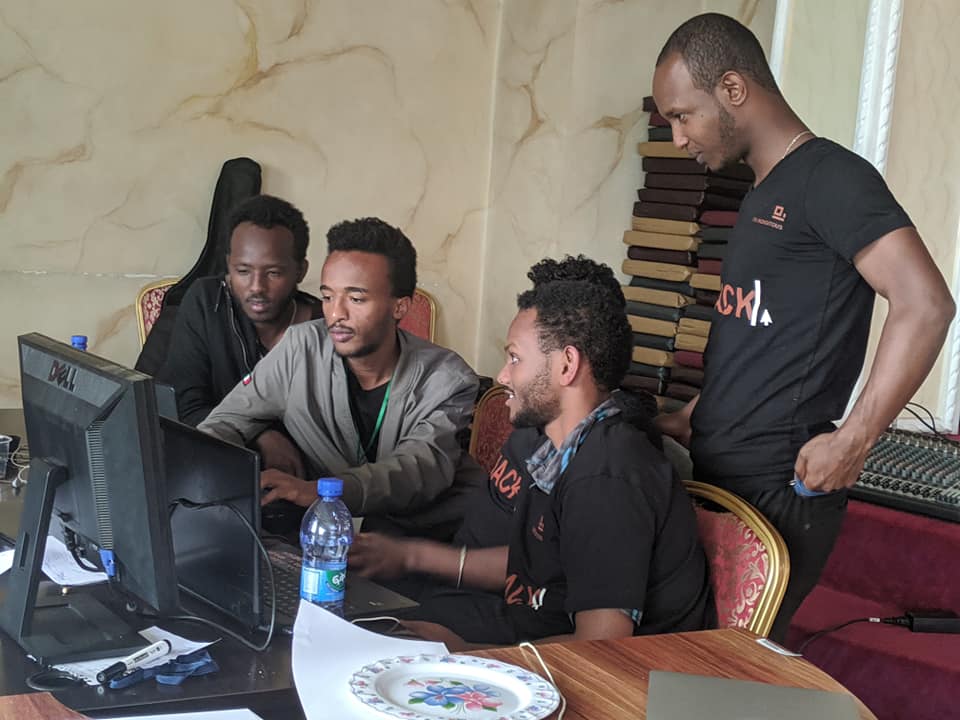
GoSend
The Bible commands us to take the Gospel to every tongue, tribe, and nation and there are still many unreached people groups remaining. To help close that gap, we need more missionaries and more funding for their missional activities. Tackling that problem, ten participants at #HACK Melbourne created a platform matching donors with ministry workers focusing on unreached places.
LamoX
Sponsored by World Vision, participants in Singapore took on the challenge of making healthcare accessible for children in poor urban communities in Cebu City, Philippines. Hackers created an app to improve health by mobilizing volunteers to obtain health data on patients in between medical visits, as well as water quality data for their communities.
Find the Need
London was host to hackers who focused on projects to provide aid to low-income individuals. Find the Need was created as a way of helping church congregations find areas of deprivation around their church and relevant ministries that can help. With Bankuet, hackers worked on helping food banks get the donations that they need by building an API-driven food bank stock inventory system.
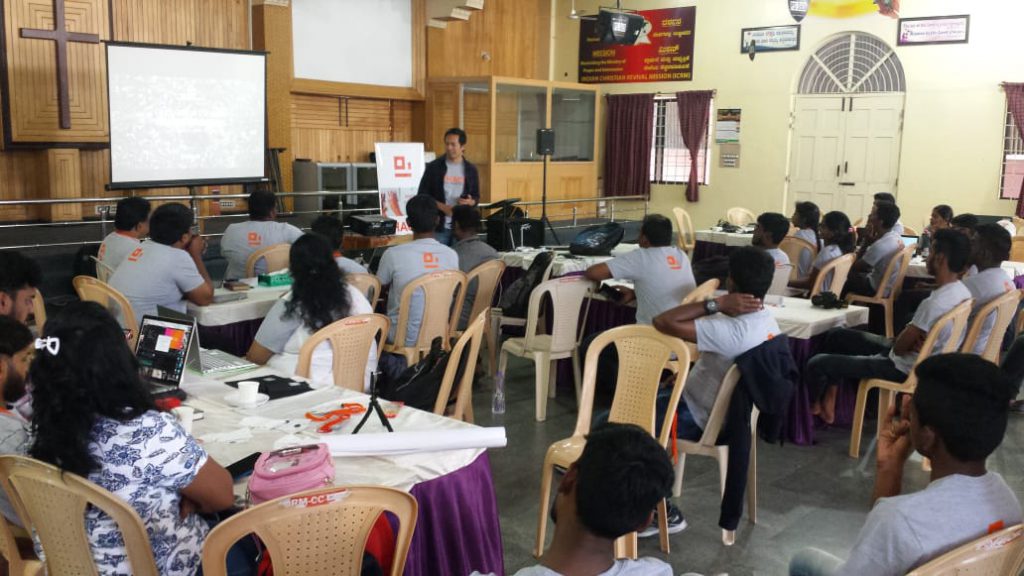
Each of these projects glorifies God by trying to solve a problem that He cares about. Each of the participants working on these projects did important missionary work with nothing more than a laptop, wifi, and an unhealthy combination of coffee and junk food. If you have digital talents, you have what it takes to do missionary work. Just use the talents God gave you.
Run
Write the vision; make it plain on tablets, so he may run who reads it. (Habakkuk 2:2)
- Check the Hub map for an Indigitous community near you.
- Join a Hub and contact the Hub Leader to get involved in that community.
